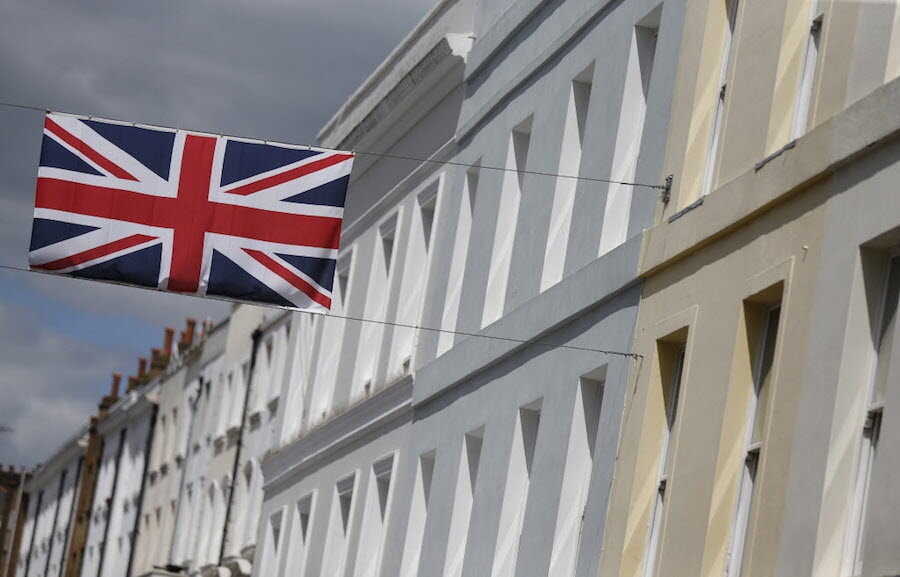Global drive on corruption should start at home
In June, British Prime Minister David Cameron was quick to cast the first stone following the bribery scandal at FIFA, the world soccer governing body. He urged other world leaders to end the “international taboo over pointing the finger” at corrupt organizations. He cited an estimate that graft adds 25 percent to the cost of aid spent in poor countries.
His stone did not need to go very far.
On Tuesday, Mr. Cameron vowed to expose the “dirty money” spent by foreigners who buy luxury properties in Britain as havens for their “plundered” wealth. He plans a new register that will reveal the names of people behind “anonymous shell companies” that purchase expensive homes and then rent them out, often in residential areas near Parliament.
“London is not a place to stash your dodgy cash,” the British prime minister said.
According to Berlin-based group Transparency International (TI), about 1 in 10 properties in Westminster is owned offshore and anonymously under current British rules. More than 100,000 property titles in Britain are registered to these overseas companies. This steady influx of money laundered by foreign criminals is pushing up house prices in London, according to Britain’s National Crime Agency, forcing the middle class to move elsewhere.
Britain is certainly one of the least corrupt nations in the world. It ranks 14th on TI’s Corruption Perceptions Index. (Denmark is first.) Yet like many Western countries that bemoan corruption elsewhere, Britain could do better at removing the beam of graft in its own eye. Setting a high example for clean hands will do more than words of admonishment.
Many developing countries need encouragement to tackle corruption. Brazil’s politics are in a twist over a probe of bribery involving the state oil company. Both Nigeria and India have new leaders with a strong reputation in fighting corruption. Mexico has recently passed new anticorruption measures. And China’s rulers are in the midst of a crackdown on bribe takers in the Communist Party.
In his recent trip to Africa, President Obama emphasized that the continent’s economic potential could only be unlocked if it clamped down on corruption. “When someone has to pay a bribe just to start a business or go to school, or get an official to do the job they’re supposed to be doing anyway – that’s not ‘the African way,’ ” he said.
But Mr. Obama was quick to add that “corruption exists all over the world, including in the United States.”
Ensuring honesty and openness in business and government is a global task. And a country’s humility to recognize – and remove – corruption within its borders will inspire others to do the same.






